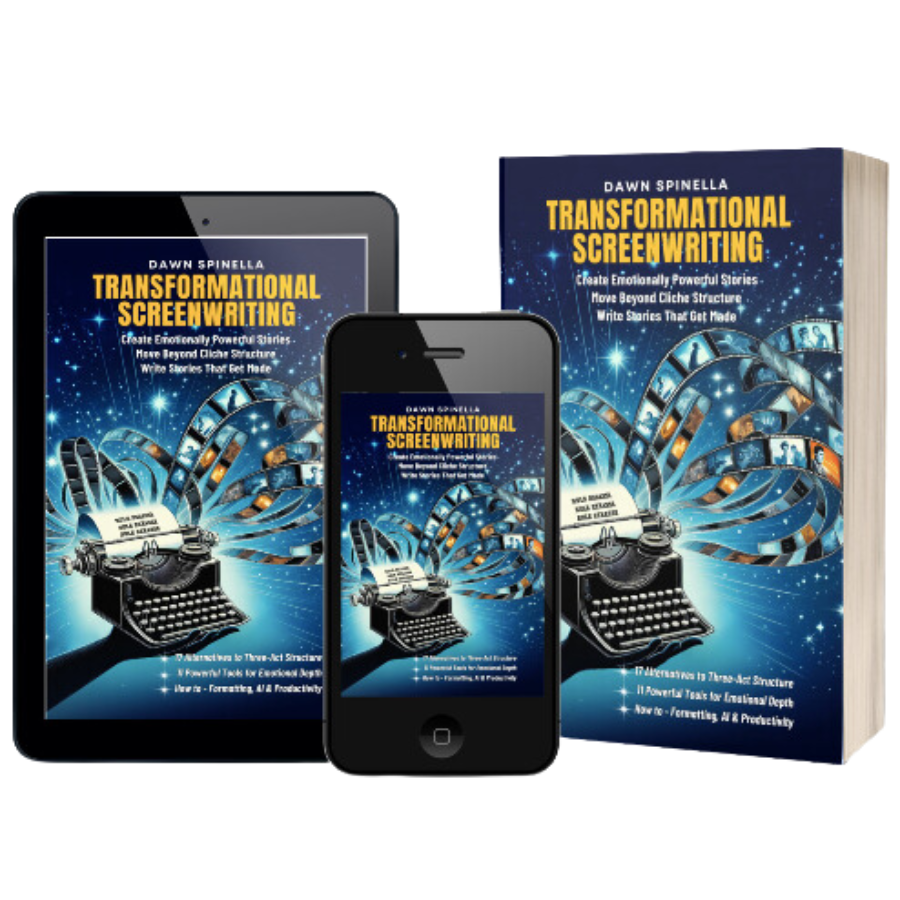Deadlines. Budget constraints. A fast-moving set. These are the realities of independent filmmaking—and yet, none of them excuse a flat or unconvincing performance. Directing powerful, emotionally rich performances on a tight schedule is not only possible—it’s a skill every indie filmmaker must master to elevate their work and attract future collaborators.
Here’s how to make every take count when time is limited.
1. Rehearse with Purpose
Forget endless table reads. You don’t need days of rehearsal to get grounded performances. What you do need is focused time to align your actors with the emotional beats of the scene.
🎭 Quick Wins:
- Prioritize key emotional scenes in rehearsals.
- Ask actors to describe their character’s objective in their own words.
- Run “hot seat” interviews with characters to build backstory fast.
Tip: Rehearsal isn’t about locking in line readings—it’s about building trust and clarity so your actors can bring truth to the frame when the cameras roll.
2. Clarify Performance Goals
If your actors are only discovering what the scene is about on shoot day, it’s already too late. Smart directors prepare not only shot lists, but emotional maps for each scene.
📋 Pre-Production Prep:
- Share character arc breakdowns in advance.
- Use visual references or mood boards to communicate tone.
- Establish a shorthand with each actor for fast redirection on set.
Bonus: A quick Zoom table read before production can surface questions and help everyone show up ready.
3. Set the Emotional Tone
On a fast-paced set, your energy as a director sets the emotional tone. Actors mirror the environment around them—if you’re rushed and distracted, they’ll tighten up too.
🎬 On-Set Habits:
- Take a quiet beat before the scene to reconnect with your actors.
- Offer emotional direction, not technical jargon: “This is where she breaks,” not “Pick up the pace.”
- Limit notes to one or two adjustments between takes to keep momentum.
Pro Move: Create “sacred space” around emotional scenes by limiting crew chatter and unnecessary movement. Performance thrives in safety.
4. Work the Blocking
You don’t have time for separate blocking and performance passes—so merge them. Directing on a tight schedule means using your staging to enhance emotional beats, not just camera logistics.
🎥 Practical Tricks:
- Use actor movement to mirror character intention.
- Let physical actions ground nervous energy (pouring a drink, folding laundry).
- Allow some improvisation in movement to keep things fresh.
Director’s Note: Don’t over-block. Give your actors freedom to live truthfully in the space.
5. Shoot for Emotion, Not Coverage
When time is short, skip the excessive master/medium/close setups. Instead, shoot what matters most: the emotional core of the scene.
🧠 Smart Coverage Strategy:
- Identify your “emotional anchor” shot per scene and prioritize it.
- Consider using longer takes or shot-reverse-shot setups that let actors stay in the moment.
- Don’t waste time on inserts or B-roll that doesn’t serve the story.
Real Talk: You can fake coverage in the edit. You can’t fake a truthful performance.
6. Create Micro-Adjustments
The best directors don’t over-direct. They make subtle nudges that bring the performance closer to the emotional truth.
🗣 Between Takes:
- Say what’s working before offering changes.
- Use image-based prompts: “It’s like she’s holding her breath the whole time.”
- Don’t explain—evoke. Help actors feel the shift rather than intellectualize it.
Insider Tip: If a performance isn’t landing, try changing the stakes or emotional context—not just line delivery.
7. Build a Trust-First Set Culture
Ultimately, great performances come from trust. When actors feel respected and supported—even on a tight schedule—they’ll take risks and go deeper.
👥 Culture Cues:
- Acknowledge their preparation.
- Defend actors from unnecessary interruptions or on-set distractions.
- Celebrate great work out loud. Positive reinforcement fuels creativity.
Long-Term Payoff: The actors you support today will want to work with you again tomorrow. Consistent, powerful performances attract strong collaborators.
Best Production Value
In indie filmmaking, you may not have fancy rigs or million-dollar sets. But what you do have is the power to shape unforgettable moments through performance. When time is limited, intention becomes everything. With clear communication, emotional clarity, and trust, you can direct work that resonates long after the final cut.
Tight schedule? No problem. Let your performances do the heavy lifting.
Transformational Screenwriting

At the Independent Film Arts Academy (IFAA), we believe that powerful performances begin with emotionally grounded stories. If you want to write scripts that inspire actors and move audiences, start with the right foundation.
📘 Check out Transformational Screenwriting on Amazon and discover how to create characters that leap off the page—and onto the screen—with depth, purpose, and truth.

